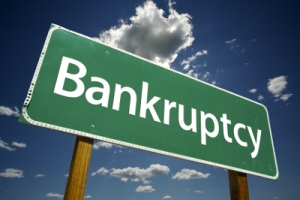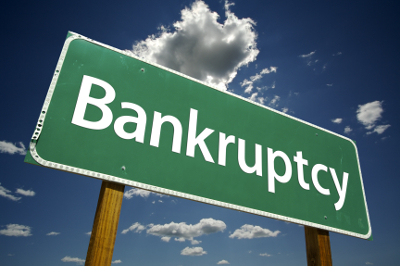What Happens After an Automatic Bankruptcy Stay Is Ordered?
 Creditor harassment isn’t necessarily unlawful unless you’ve requested, in writing, that each creditor cease and desist telephonic communication, or they’re breaking other FDCPA (Fair Debt Collection Practices Act) rules. It’s bothersome, indeed. But not illegal.
Creditor harassment isn’t necessarily unlawful unless you’ve requested, in writing, that each creditor cease and desist telephonic communication, or they’re breaking other FDCPA (Fair Debt Collection Practices Act) rules. It’s bothersome, indeed. But not illegal.
Once you’ve made the decision to file for bankruptcy protection under Chapter 7 or Chapter 13, the rules regarding debt collection change. We’ll dive into the automatic stay rules and what consumers can expect once their bankruptcy petition is filed in U.S. Bankruptcy Court.
First, communication ceases
Once your bankruptcy attorney has filed your bankruptcy petition, and the U.S. Bankruptcy Court in Arizona (whichever district) files it and schedules your 341 Meeting, all communication must cease. Since you’ll put down every creditor with their corresponding mailing address, most collection agencies and original creditors will be mailed and cease communication immediately.
Some creditors and debt collectors who call after your petition is filed will stop calling after you’ve told them you’ve filed bankruptcy, and have retained counsel. Legally, they must comply.
Should communication continue, potential FDCPA violations could result in civil penalties – and possibly extra money in your pocket.
Next, all collection activity ceases
Once debt collectors and original creditors are privy of your bankruptcy filing, all collection efforts will cease. This means your credit reports will be updated to reflect “Included in Bankruptcy” or something similar. Written threat letters will stop. Calls to employer will end, too.
More importantly, payroll and bank account garnishments cease (since garnishments are a form of debt collection). Child support, spousal maintenance and other government obligations may continue except for any small claims action (i.e. sued by landlord), which ceases as well.
Tax collection may or may not tail off. Discuss back taxes and IRS collection with your bankruptcy attorney as some rules may help you during bankruptcy, while others are unavoidable since any family court obligation, some tax debt and court-ordered restitution are non-dischargeable debts.
Any collection activity, including false reporting or filing civil action during an automatic stay, will result in legal action against the creditor, regardless if they issued your credit card or are third-parties charged with collecting.
Finally, you’ll breathe again.
It could take several weeks before creditors finally stop collection efforts; the courts could have unforeseen delays, which could slow down the mailing process. Be courteous, telling each caller that you’ve filed your bankruptcy petition and retained an attorney to assist. Normally, that’s all that’s needed.
The forthcoming 30-60 days prior to your creditor’s meeting may be nerve-wracking, but remember, at least these collection agencies have stopped stressing you out. Your paycheck will be restored, minus any legal obligations, and soon you’ll see every debt erased from your life.
Remember, you’re only able to file Chapter 7 once every 8 years, and Chapter 7 and 13 must be 4 years apart. Also, do not apply for new credit during your bankruptcy period unless you’ve requested court permission.
Courts (and attorney) enforce automatic stay
Willful violations of the automatic stay are frowned upon by every court. Punitive damages, pain and suffering and injunctive relief are possible. Keep a notepad nearby so when calls are received, they can be logged. Most smartphones will keep call history for 30 days; screenshot each call if necessary.
Also, check your credit reports 30-45 days after the petition is filed. Make sure no collection activity is transpiring. All accounts should show “included in bankruptcy” at least when the petition is granted, although most times it happens before.
Finally, communicate with your bankruptcy attorney. Sure, they may get busy and not respond immediately, but shooting them an email or leaving voicemail regarding violations of the automatic stay will go far. Click here for information on Chapter 7 bankruptcy in Arizona.

